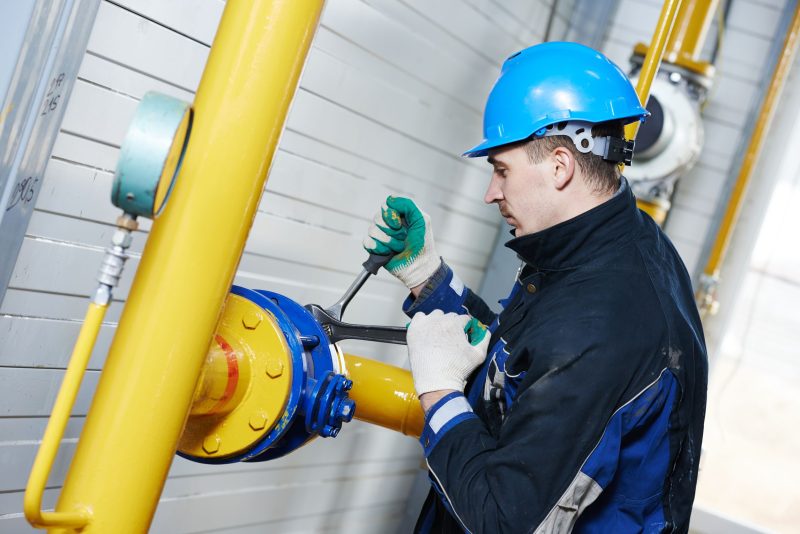When it comes to sample preparation, one of the primary tools that are needed in laboratory settings are lab mills. Grinders are also used. Both tools reduce the size of materials that are being tested. When particles can be reduced at consistent levels, tests are more likely to be accurate.
Lab mills are used in a variety of research settings. There are used in geological exploration, life science, quality control, and food analysis. They can prepare samples of a variety of materials, including products that are fibrous, dry, and wet.
If you are responsible for replacing old equipment or you are setting up a new laboratory, there are a couple of factors that you should think about when purchasing laboratory mills. You want to look at requirements, specifications, and cost.
When it comes to requirements, the type of products that you will be testing will determine the type of mill that is needed. For example, if you will be testing hard objects, jaw crushers can be used. A bead mill would be a good option for cell disruption. When it comes to the specifications, you will need to look at the final particle size that is desired and grinding time when finding the right laboratory mill.
Take the time to carefully consider costs when finding the right lab mill. You want a high-quality product that will offer contamination free results and will prepare reliable samples.
Learn how CB Mills is a leading designer and builder of environmentally conscious machines by visiting their website at online.


